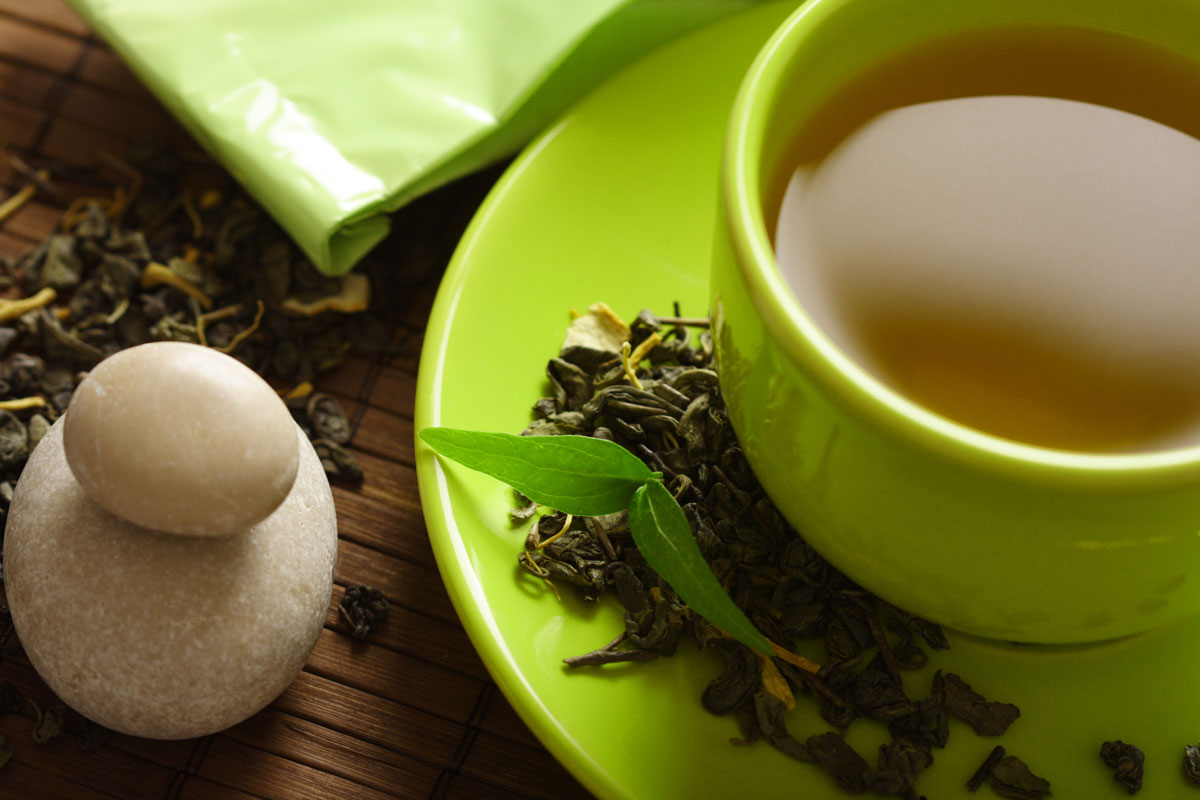IS GREEN TEA GOOD FOR YOU?
I picked up a pamphlet on green tea at a nutritional health fare. I even bought green tea and started to enjoy it. The pamphlet emphasized the benefits of green tea in fighting viruses, slowing the aging process, lowering cholesterol levels, curing arthritis, warding off cavities, and preventing gastric cancer. It certainly seems like a magic potion. How true are these claims, ponders Dr. Raghavendra Rao. – #GreenTea #RaghavendraRao #community @Siliconeer #Siliconeer #health #IsGreenTeaGoodforYou #MagicPotion
Green tea contains chemicals called polyphenols. One of them is Epigallo catechin-3-gallate (EGCG), which has powerful antioxidant properties that protect the body against free radicals. Free radicals damage body cells, which may lead to degenerative diseases, heart problems and cancers. Polyphenols destroy the free radicals and supposedly protect the body from developing the above-mentioned diseases.
The EGCG prevented mutations in cell cultures and reduced inflammation. In the laboratory, EGCG reduced human prostate cancer and epidermoid carcinoma cells implanted in mice. Human leukemic cell lines were also inhibited in mice. EGCG prevented E. coli bacterial growth in petri dishes.
In humans, green tea and its effect on stomach cancer was investigated by several researchers. Most of the studies were based on statistical data collected from questionnaires distributed to people, some of whom consumed green tea. Two studies from China and two from Japan found a reduction in stomach cancers in green tea consumers.
In New England Journal of Medicine (March, 2001), Yoshitaka Tsubono and others reported their findings on a nine-year study on 31,345 people in Japan. They conclusively proved that there was no association, beneficial or otherwise, between consumption of green tea and stomach cancer. In a review article Zhang and others (2014) opined that the relationship between green tea consumption and reduced cancer risk seen from epidemiologic studies was inconclusive and not as encouraging as that observed in animal studies. The same idea is expressed by the National Cancer Institute.
However, green tea seems to have a beneficial effect in preventing chronic gastritis. In a 2001 study, Dr. Zuo-Feng Zhang and others from UCLA found that drinking green tea protected against developing chronic gastritis, a common inflammatory disease. Long lasting stomach inflammation may lead precancerous changes. The authors surmise that green tea may help in reducing the incidence of stomach cancers.
Unless large prospective studies are done, claims for beneficial effects of green tea in preventing cancer and other diseases cannot be taken seriously.
Meanwhile, if you like the color and taste of the green tea, enjoy it!


